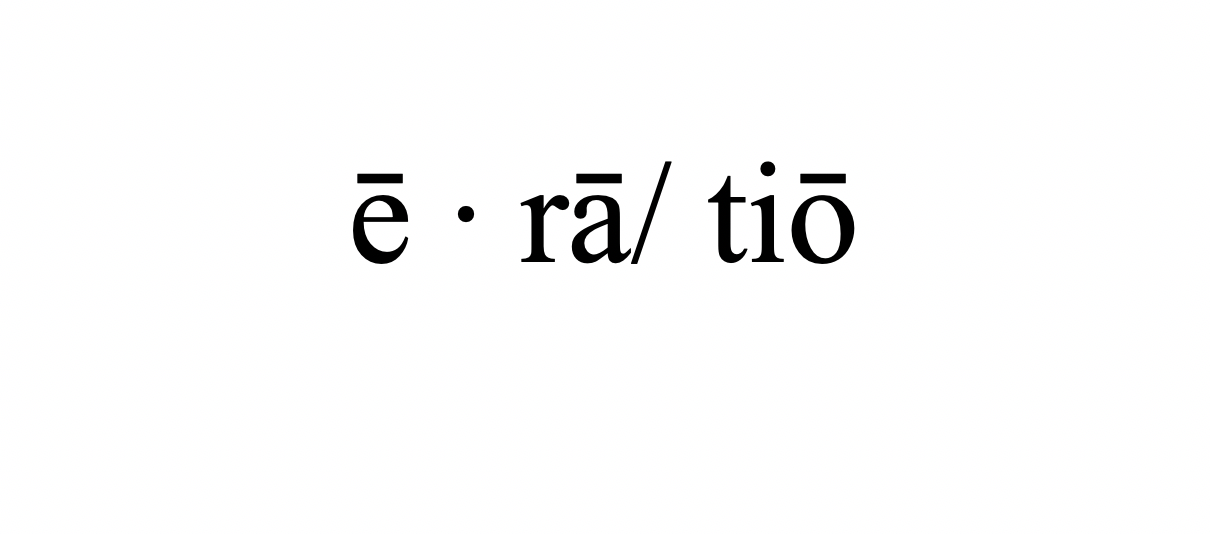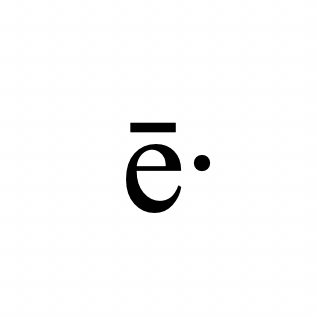Three Poems
Nianxi Chen / in translation by Wei Zeng
The dawn starts to approach as a train rumbles on and on
The dawn starts to approach as a train rumbles on and on
Home, for some, is getting closer
while farther for others
Men, women, and children that flash by outside the window
These early birds, these in misery
Morning wind ruffles up their hair and hem
as well as their ordinary life
What I enjoy is
to observe trivial fates
through little-framed windows against morning rays
Nothing can bring life to a halt
These stooping murmurs, with big secrets
follow the wind towards the untouchable sky
Throughout my whole life, I feel delighted to have those in sight:
white poplar trees dividing one village from another
wooden fences where hang patterned shirts and headscarves
dialects that connect Yam Rhizome
The land, destitute and freezing, expansive and remote, broad
and tolerant
is free from enforced immigration and loss of home
Yet I alone endure moving around and loneliness
without a single day of peace
Like a train
in a chaos of worldly affairs
I hastily pass by
火车跑着跑着天就亮了
陈年喜
火车跑着跑着天就亮了
一些人离家越来越近
一些人离家越来越远
窗外一闪而过的男人 女人和孩子
这些早起的人 苦命的人
晨风掀动他们的头发和衣角
掀动他们庸常的生活
我喜欢这样的景象
从小小的隔着晨曦的窗口
看见微小的命运
没有什么能让生活停下来
那些低低的诉说 包含的巨大秘密
随风撒向高高的天空
我愿意一生看见这些:
白杨树把村庄分开
木栅上晾着花衫和头巾
方言连接着萆薢
土地贫寒 辽远 宽容
没有迫迁和失所
而我独自承受奔波和孤独
没有一日安宁
像一列火车
在缭乱的世事里
匆忙而过
A rapper from Mexico
The deck by the street harbors the sea
The sunlight is brighter and clearer than the ocean
A rapper from Mexico
his mustache is graying
The guitar in his arm is in its prime
Facing the city of San Francisco—giant, arrogant, and paved
with gold
He, and guitar strings beneath his fingers, throws away a thousand
in gold, which comes right back again
one cup after another
It’s noon of a day, as ordinary as ever
I left for Angel Island
There my predecessors passed away long before
More than a hundred years ago, they
embraced the string sounds of the void, echoed by the rapper
One lamp after another
Their hometown received no whereabouts nor a single word of them
All leaving mysteries
To witness the living of a dead
and to imagine the death of a throng of the living
are equally brutal and dreadful
I know, however deep the call is, they won’t
be back any more
The river by the house rent hearts for them
as well as longing
I, the bereaved
too helpless to speak out the shame of humanity on behalf of time
Now I’m boarding Flight A757 to Shanghai
Shanghai is not my hometown
I know it is night in San Francisco
The sea breeze is still blowing, the beacons mingle into an enduring flavor of the poetic
The rapper is still performing
Possibly, he has packed himself
into a paper box, discarded by others
and settled in a quiet alley in San Francisco
I want to write a letter to his mother
to inform her of the latest news of her child
But I realize, none of us, me included,
knows the name and address
来自墨西哥的说唱人
陈年喜
依街傍海的码头
阳光比大海还要明净
来自墨西哥的说唱人
他的胡子正在花白
怀里的吉他正风华正茂
面对巨大 高傲 黄金铺地的旧金山
他与指头下的琴弦千金散尽还复来
一杯一杯又一杯
这一天 这个平常的中午
我由此前往天使岛
那里有我早已亡故的前辈
一百多年前 他们也是
怀抱虚无的弦声
一盏一盏复一盏 对于老家
他们都下落不明 音信杳无
有着同样的传奇色彩
目睹一个死人的活
和想象一群活人的死
有一样的残酷和恐惧
我知道 再亲切的呼唤都已无法
再唤回他们
门前的河水替他们断了肠
也断了念想
而我 一个未亡人
并无力替时间说出人间的羞愧
现在 我正登上空客 757
飞往上海 那里并非我的家乡
我知道旧金山正是夜晚
海风还在吹拂 灯塔交辉出不熄的诗意
说唱的人还在说唱
也可能他已将自己装入一个
别人扔掉的纸箱
安置于旧金山某个僻静的小巷
我想给他的母亲写一封信
告诉她现在孩子的消息
可我知道像我一样
已没有人能够知道姓名与地址
Kant
About Kant
I absolutely have no idea
I guess he is good-natured
Otherwise why are there so many people
coming from afar to visit him
by a time-worn train at dark night
I used to think
he had a girlfriend
with blue eyes, golden hair
who could make coffee and bread
feeding the big stomach of philosophy
I searched, coming to know that I was wrong
Two things fill Kant’s mind
the moral law and the starry heaven
We possess two, the same in amount
selfish desire and the gate of sewerage tunnel
Both we and Kant
are law-creators
The only thing I am clear about
There exists a gap of three hundred years between Kant and us
as distant as that between failure and success
yet as close as that between wine cup and anguish
康德
陈年喜
对于康德
我真的一无所知
我猜想他是个好人
不然 也不会有那么多人
千里迢迢去看他
乘一辆黑夜的老火车
我一直以为
他有一位女友
蓝眼睛 金色的头发
会做咖啡和面包
喂养哲学巨大的胃
查了资料 知道他没有
康德有两件东西
道德和星空
我们也有两件东西
私欲和地沟之门
我们和康德
都是自创法则的人
我唯一清楚知道的是
康德和我们隔着三百年的时间
这距离远得像失败和成功
又近得仿佛酒杯和愁苦
Nianxi Chen (陈年喜) is a contemporary Chinese poet and fictionist, as well as a protagonist of a 2015 documentary entitled “The Verse of Us,” which promotes his international fame as a poet of dagong shige, or “Battlers poetry” as rendered by Maghiel van Crevel. He has been devoted to writing since 1990, and was awarded the Laureate Worker Poet Prize in 2016. His writing over the three decades is mainly inspired by his experience as a miner and his bond with hometown. Chen has published books exclusive to his poetry and fiction, for instance, Zhalie Zhi 炸裂志 (Records of Explosion), and Yidi shuangbai 一地霜白 (A Swathe of Frosty White). Translations of Chen’s poems have appeared in Tupelo Quarterly, Rattle, Plume, and Pedestal Magazine.
Wei Zeng (曾威) is a PhD candidate of Transnational and Comparative Literature at the University of Alberta. She received her MA at Hunan Normal University, China, from September 2017 to June 2020, and was an exchange student at Middlebury Institute of International Studies, U.S.A., from June to August 2019. Her research interest covers Translator Studies such as Burton Watson and Stephen Owen, Chinese poetry translation, Translation and World Literature. She has published four papers about Chinese literature in peer-reviewed journals.

